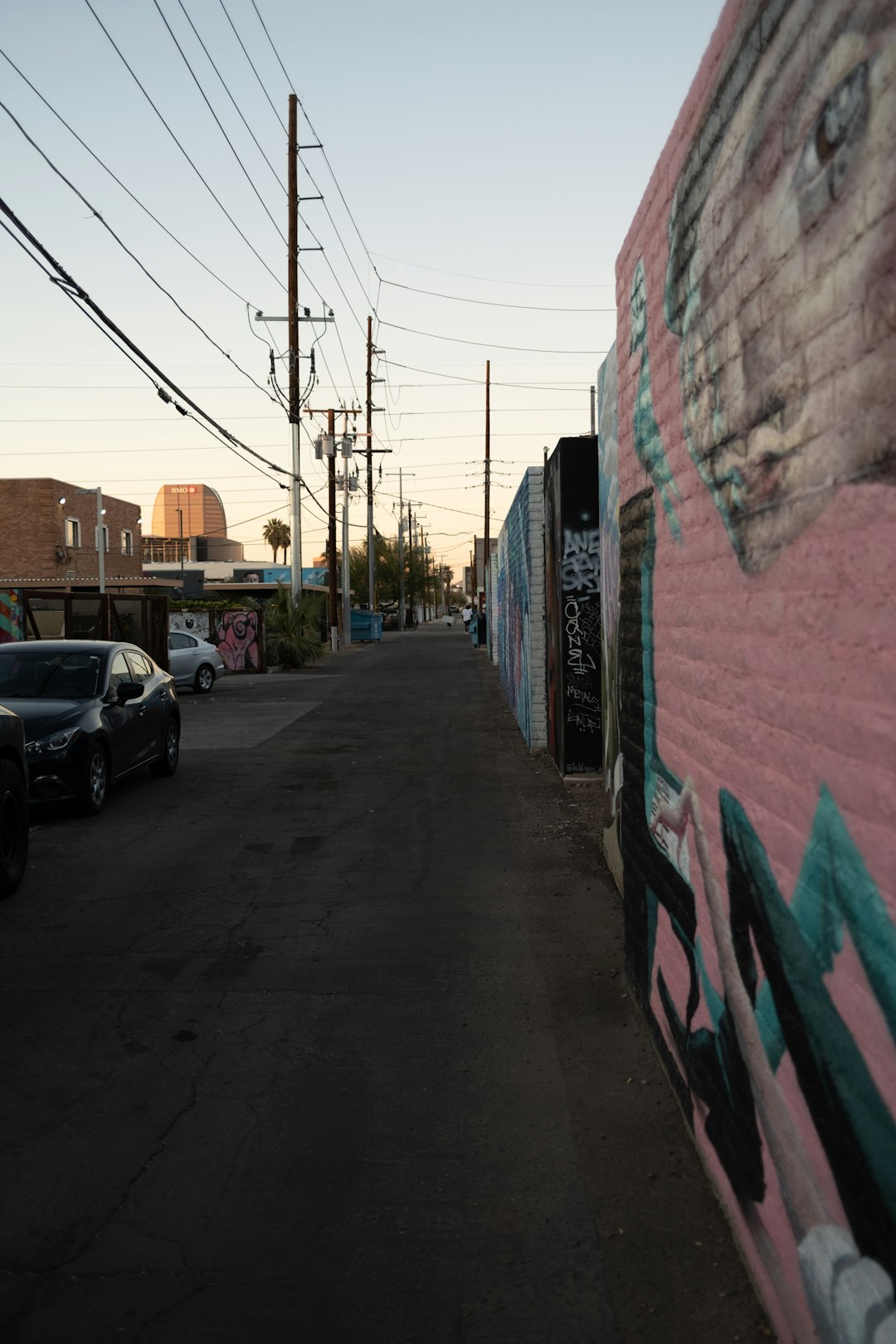Avondale residents are targeted by telemarketing fraud, including scams posing as legal services or lottery wins. To protect yourself, avoid unknown callers, verify unexpected offers, and remember the "Do Not Call Attorneys Phoenix" principle. Register on the National Do Not Call Registry and use blocking apps. Report suspicious calls to the Arizona Attorney General's Office. Leveraging these tools helps defend against fraudulent schemes.
In Avondale, as across Arizona, telemarketing fraud is a persistent threat. Recognizing common scams is the first step to protecting yourself. This guide outlines how to avoid fraudulent calls and strategies for safe navigation in the face of persistent salespeople. Learn essential actions to safeguard your personal information and peace of mind. Additionally, discover resources and reporting mechanisms available in the Phoenix area to combat these schemes, ensuring a safer experience without resorting to unwanted attorney calls.
Recognize Common Telemarketing Scams in Avondale

In Avondale, as with any urban area, residents are increasingly targeted by telemarketing fraudsters. Recognizing common scams is the first line of defense. One prevalent tactic involves fake attorneys or legal services claiming to represent a relative or friend, often demanding immediate action and payment. Scammers may threaten legal repercussions if you do not comply, aiming to scare victims into making hasty decisions.
Another scheme involves lottery or prize wins that require upfront fees to claim. Fraudsters might contact victims, pretending to be from official organizations, and request money for processing or taxes before the victim can receive their supposed winnings. It’s crucial to remember that legitimate organizations never ask for payment in advance for such rewards. Avoiding interaction with unknown callers and verifying any unexpected offers through official channels is key to protecting yourself from these scams, especially when urged to act quickly. Remember, “Do not call attorneys Phoenix” should be a guiding principle if you suspect any legal services are fraudulent.
Protect Yourself: Actions to Avoid Fraud

In Avondale, as in many places, telemarketing fraud is a persistent threat. Protecting yourself requires vigilance and proactive measures. Always be wary of unsolicited calls, especially those asking for personal or financial information. Never share sensitive details over the phone unless you initiated the call and are certain of the caller’s identity. Remember, legitimate businesses won’t pressure you into making immediate decisions or threaten consequences for not purchasing their services.
If you receive suspicious calls, don’t hesitate to hang up and report them. You can register your number on the National Do Not Call Registry or use apps designed to block telemarketing calls. Additionally, be cautious when sharing your contact information at events or online. Avoid listing your phone number publicly unless necessary. And most importantly, remember to say “no” firmly if you’re not interested in any offers or services being pitched. For legal advice, reach out to local attorneys in Phoenix only if and when you have confirmed their legitimacy through independent research.
Resources and Reporting Fraud in Phoenix Area

In the Phoenix area, residents have access to several resources dedicated to combating telemarketing fraud. The Arizona Attorney General’s Office plays a pivotal role in protecting consumers by offering guidance and enforcement against fraudulent practices. They provide a straightforward process for reporting scams, encouraging citizens to be vigilant and proactive in fighting back against potential fraudsters.
When facing persistent or suspicious calls, especially those mimicking legal services, the “Do Not Call Attorneys Phoenix” registry can be a powerful tool. This service allows residents to register their phone numbers, limiting unwanted telemarketing calls. By utilizing these resources, Avondale folks can take a significant step towards protecting themselves and their communities from falling victim to fraudulent schemes.






